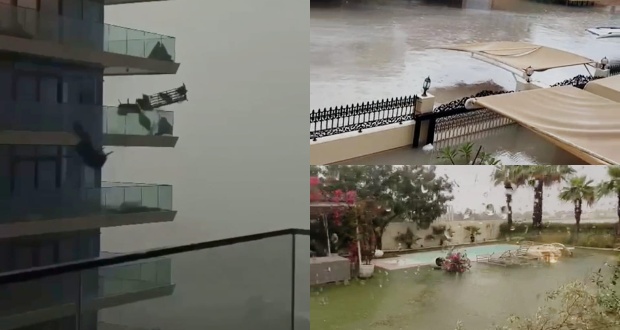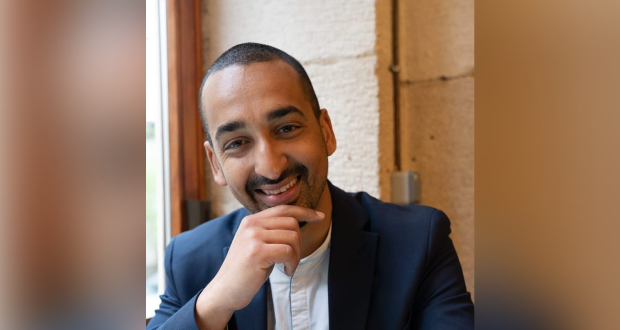Publicité
Graduation to high-income economy
Par
Partager cet article
Graduation to high-income economy

Mauritius, along with 14 other developing nations, according to a World Bank study on 215 countries carried out by research analyst Ehiwario Efeyini of the US Trust Bank of America Wealth Management, has the potential to graduate to the elite club of high-income economies. Indeed Mauritius, on the basis of its present model of development and policies, can easily increase its wealth in the years ahead but it is also likely that it may not make the transition and get trapped into the so-called “middle income trap” as pointed out by Efeyini. South Africa and Brazil, for example, have been languishing for decades within the middle-income range.
Countries trapped at middle-income level usually have declining investment ratios, slow manufacturing growth, limited industrial and export diversification, and poor labour market conditions. Our research analyst did suggest that though the 14 countries have the potential to make it to the high-income status, they must however create the conditions for a more competitive, entrepreneurial and productive economy.
We are at the crossroads of some serious choices – either to continue with the present model of development as a shameless imitator of neoliberal policies tried elsewhere in given circumstances or we choose a different destiny, a path of serious discovery and inventiveness, by directing our energies to more imaginative forms of planning and policies that produce altogether different outcomes that are more sustainable and inclusive.
Continuing with the present model and policies will only magnify returns for the rich, operating in an environment of low taxation and shorttermism, whereas our society will become more unequal, offering diminishing opportunities for the young and our graduates and a growing sense of unfairness. The policies that rely on the speculative and unproductive use of the our country’s strategic land assets by selling them to foreigners (which has accounted so far for around 80 % of the FDI inflows during the past five years) will surely generate wealth and some periods of reasonable growth but it will neither be sustainable nor inclusive in the long run.
We need a decisive rupture from the previous economic model and its policies. If we want to realise our potential for sustainable and inclusive growth, we will have to break past shibboleths and move away from the shorttermism that has focused on some quick measures and picked the low-hanging fruits. We will have to do things differently and aim to be a game-changer. We need a long-term horizon and vision. There is frustration over the current status quo and people are restless for change. Problems like unemployment and poverty, instead of being addressed on a sustainable basis, are being postponed by shortterm palliatives. All these methods and institutions have run their course and proved to be ineffectual in creating jobs or a competitive economy.
Improved social equity
The improvement in the economic prospects of the global economy and Africa, which is developing into an important growth pole, could become the trampoline that Mauritius needs. But we cannot expect to benefit from that springboard if we do not have a clear economic vision with new policies and strategies, medium to long-term, to meet the core challenges of sustained economic growth and improved social equity. We will have to articulate a vision for the future that embraces the aspirations of all Mauritians, especially the young, and design transparent policy frameworks for the management of our resources.
These will include policies to, first of all, restore confidence amongst our investors and induce them to embark in new emerging sectors and fresh markets. We will have to enhance our competitiveness to sustainably move up the value chain, diversify our exports and revamp our export promotion activities with impetus on market development and brand building. There should also be policies for bolstering research and innovation capacity, address skills shortages in science and technology, ICT and other emerging sectors. There will be need for greater investment in human development while addressing the quality and relevance of education. The energy mix will have to be reviewed to enhance energy security, accelerate the growth of renewable energy and drive energy conservation and efficiency. The institutional capacity to track and monitor progress will need to be strengthened and supported by a revitalized and more accountable and performing civil service and public sector institutions. The list is long and there is a lot of catching up that the economy has to do before it gets going on its new and more dynamic growth path. Mauritius stands on the cusp of great change. The more things change, the more they must not be allowed to remain the same.
Publicité
Les plus récents






